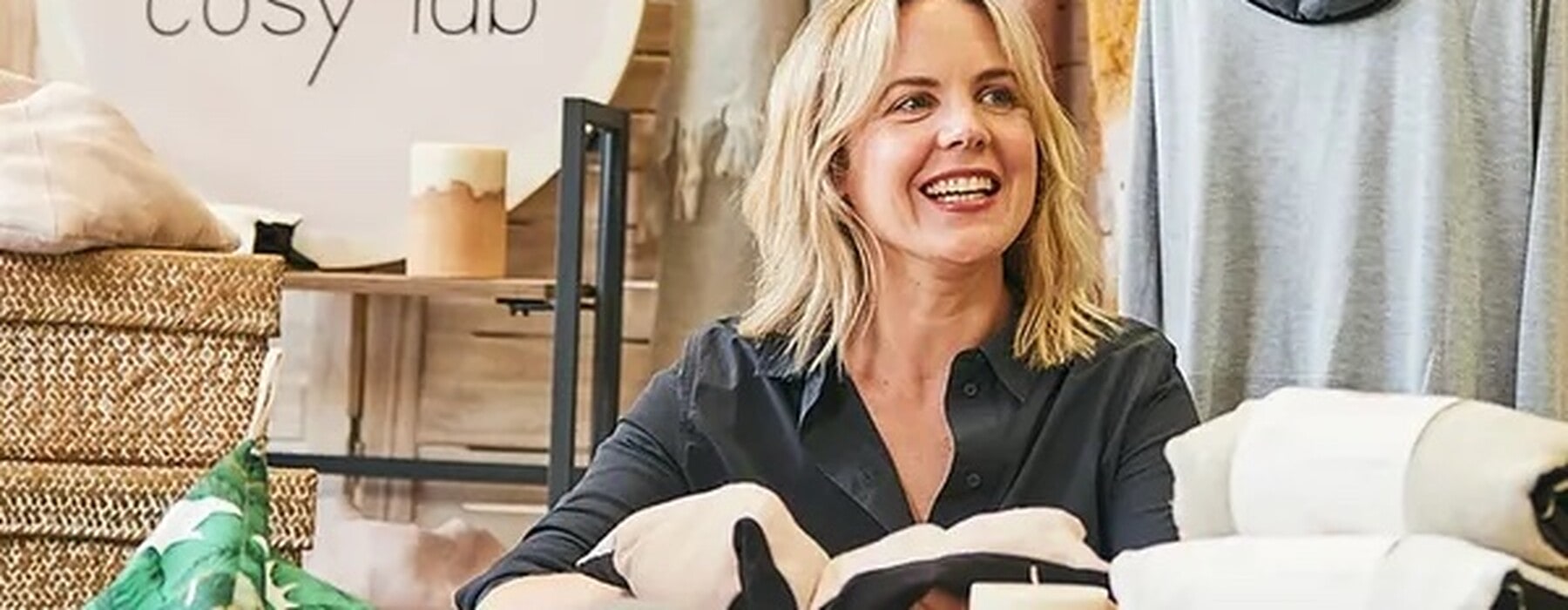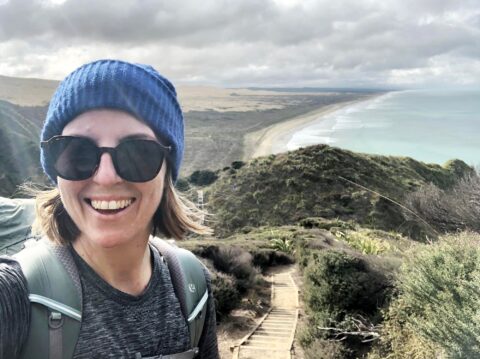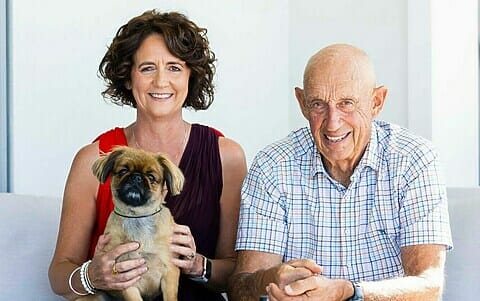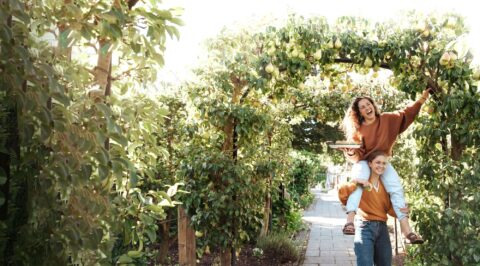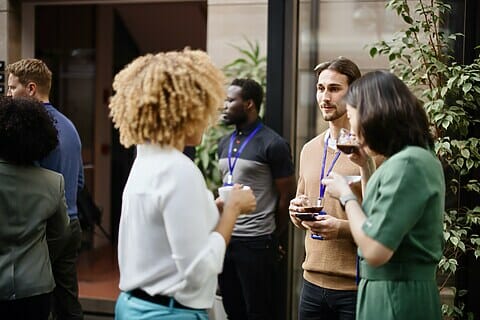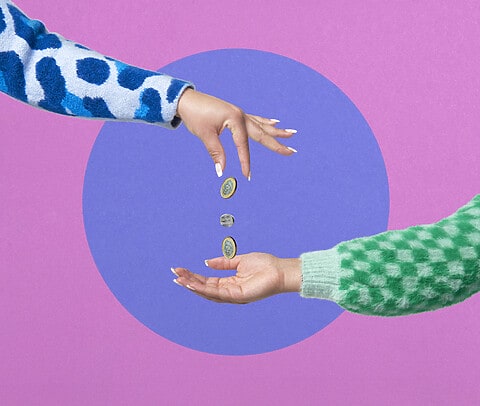It’s been called a once-in-a-lifetime event, the virus that charged like wildfire across the planet, killing people and ruining lives, careers and dreams. But when we look back on 2020, what will we remember? Being confined to our homes, stockpiling loo paper, and the words that became part of our everyday vocabulary – PPE, WFH, social distancing, flattening the curve? Or will it be the many ways in which we’ve had to reinvent ourselves – to “pivot”?
How Libby Caughey made the switch from textiles to heat bags
Flashback to April when Libby Caughey was sitting in her Auckland factory, trying to hold her textile company together. She was exhausted and worried, wondering how she could retain her 12 staff when orders for her drapery and upholstery sampling business were drying up.
“It was a terrible time,” recalls Libby, 43. “We bought the 30-year-old business three years ago and had just had our best January ever. I remember feeling so optimistic about 2020.” When Covid-19 struck, the phone stopped ringing and, because sampling wasn’t considered an essential service, so did their work.
As luck would have it, the mother of Finn, 15, Harry, 13, and Hugo, 11, had already pivoted to making masks in response to the Australian bush fires. “We had no idea we would end up making masks for Kiwis, but then Covid happened and we were able to get our staff on to mask production.”
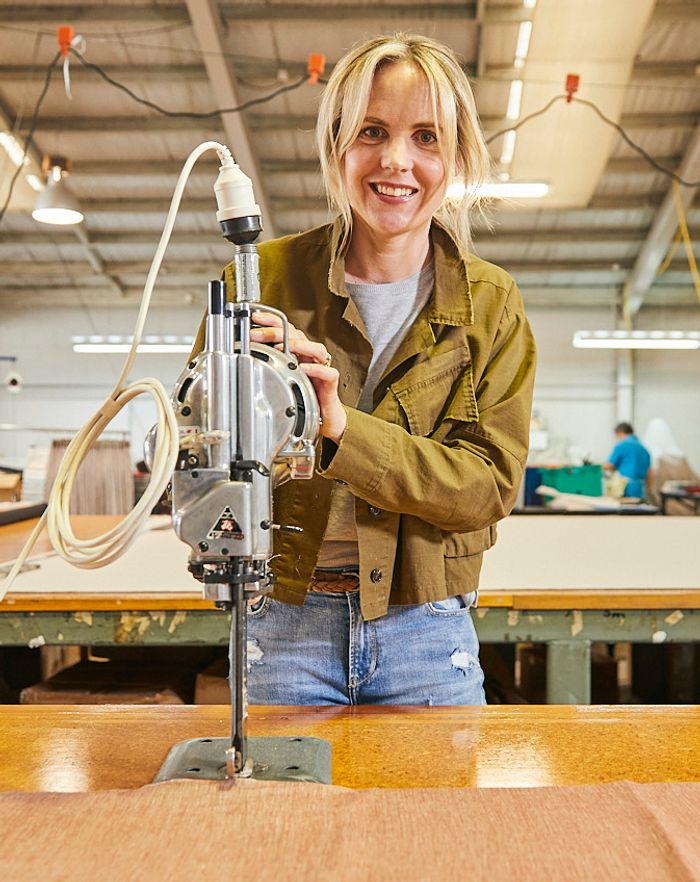
Even though the factory was running seven days a week, that still wasn’t going to be enough to keep the company afloat. As Libby sat in her Penrose office, crunching the numbers, she struggled to keep warm. “It wasn’t just because the temperature was dropping, but I was constantly feeling cold and sad about what was happening. I just couldn’t seem to get warm.”
In desperation, the former fashion boutique owner turned to a wheat heat pack. “I’d never used one before and, while it did the trick, it kept falling off my shoulders and the wheat was a bit smelly.” Thinking she could do better, Libby worked with her pattern maker to design a heat pack that would fit around the shoulders to not only add warmth but also ease aching muscles.
The result is the shrug heat bag, made from 100% linen in neutral tones and filled with locally grown, unscented, organic lupin seeds. “It’s like a fashion item,” she says of the bags, which she produces under The Cosy Lab label. “You can keep warm and look stylish at the same time.”
Libby was so fired up about the new product that she also launched foot warmers and standard heat bags.
I’ve got so many more ideas. Health and wellness is my passion and I would never have had a chance to go down this path if Covid hadn’t happened.
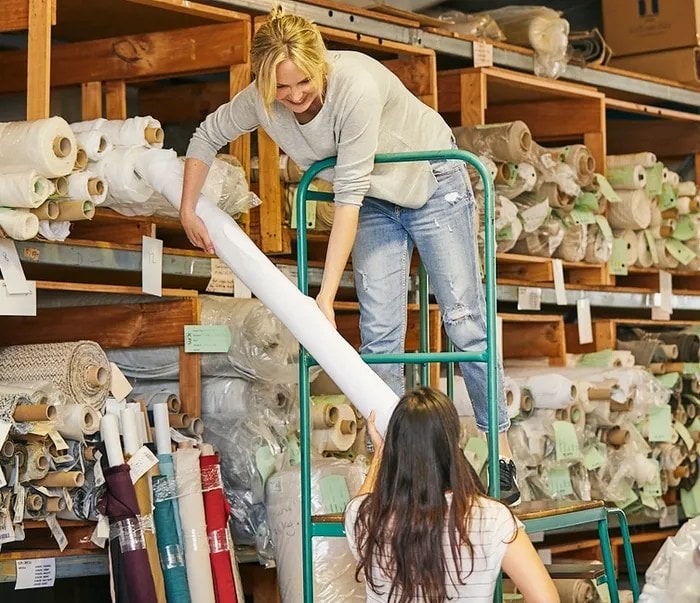
After pivoting to make masks for the Australian bushfires, Libby has once again spun her business in a new direction.
In the last few months, the sampling side of the business has bounced back and Libby has taken on four more staff. But she’s proud of herself and her team for being so agile in the face of disaster.
“I decided early on that I wouldn’t sit back and take what’s coming, but would decide my own fate. I wanted to keep the team employed and use the skills we have, and that’s what we’ve done. It’s about taking fear and turning it into something good.”

